
“Can you tell me, does equity and inclusion, also include incestuous relationships?” Amanda McClanahan, a concerned Iowa resident, asked at a Waukee Community School District meeting, as documented by PBS News Hour (March 10 2022). In a piece called, Nationwide effort to Ban Books Challenges Freedom of Speech, writers Brown, Davenport and Thoet, highlight the increasing efforts being made in the US to ban specific books, or even whole groups of books.
On Dec 16 2021, Republican state Sen. Rob Standridge put into motion 2 bills. The first of which allows parents, who have children in Oklahoma public schools, to be able ban books. In addition, Standridge enacted a $10,000/pre day bounty that could be collected by parents, when challenged books are not removed by libraries. “Our education system is not the place to teach moral lessons that should instead be left up to parents and families. Unfortunately, however, more and more schools are trying to indoctrinate students by exposing them to gender, sexual and racial identity curriculums and courses.” Standridge said in a statement reported by The Hill.
The second bill is aimed at higher education in Oklahoma. Universities would be prohibited from allowing students to take courses “addressing any form of gender, sexual, or racial diversity, equality, or inclusion curriculum,” that are not part of the requirements for their studies. Standridge is part of an increasing number of US lawmakers working to make book banning in public schools more accessible for parents and legislators.
The American Library Association reported it received 330 reports of book challenges in the fall 2021, more than double the amount for all of 2020. In addition, free speech advocacy group, PEN America, reported that since January 2021, 174 education-focused legislative bills that target content in a variety of ways, were introduced in 40 states;162 of those are aimed at grades Kindergarten to 12.
The Catcher in the Rye, by JD Salinger, To Kill a Mockingbird, by Harper Lee, The Grapes of Wrath, by John Steinbeck, The Lord of the Flies, by William Golding, and Alice Walker’s The Color Purple, are all examples of famous literature that have been challenged and banned (Forbes, April 3 2022).
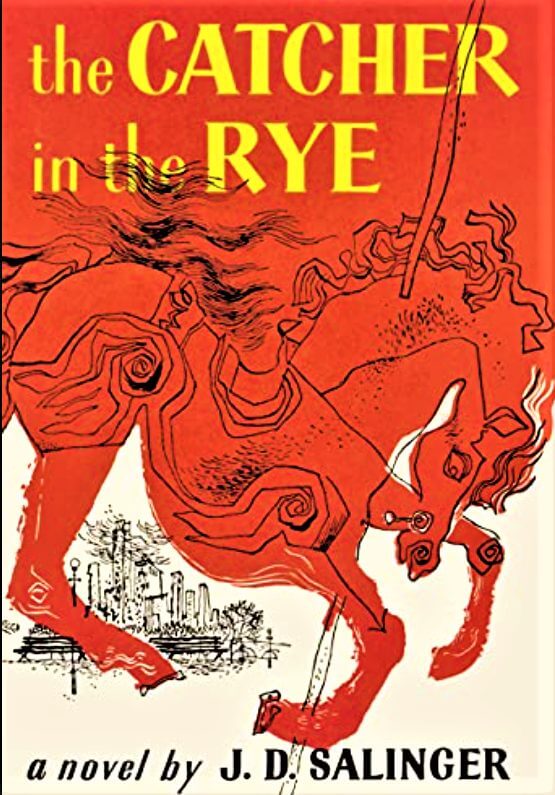
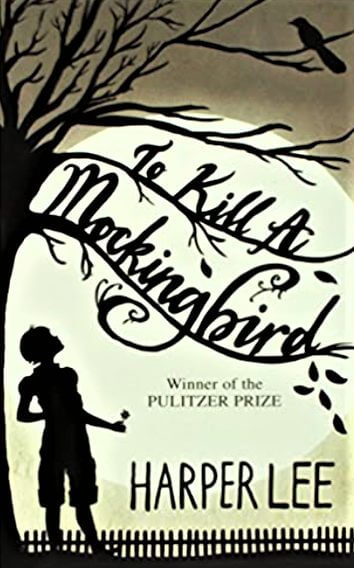
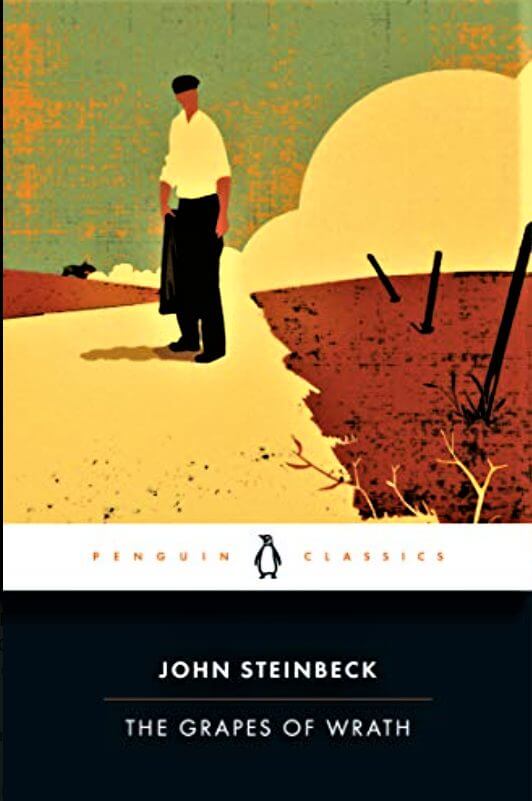
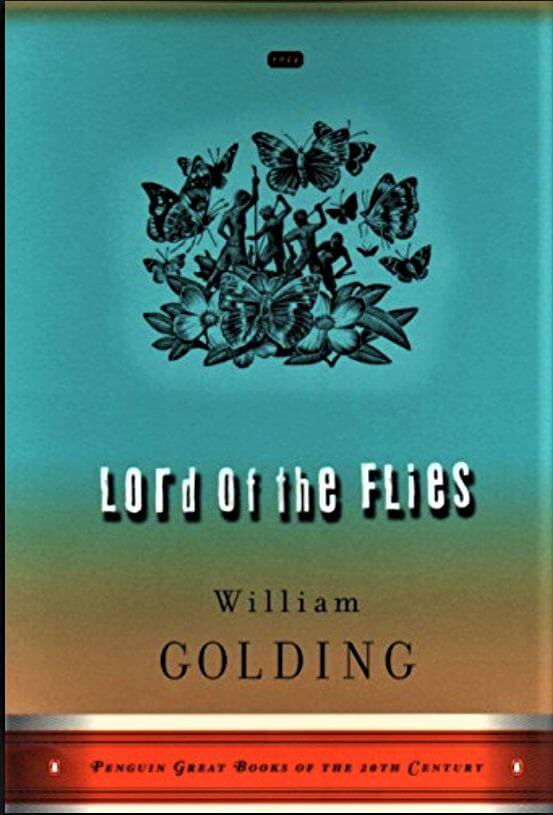
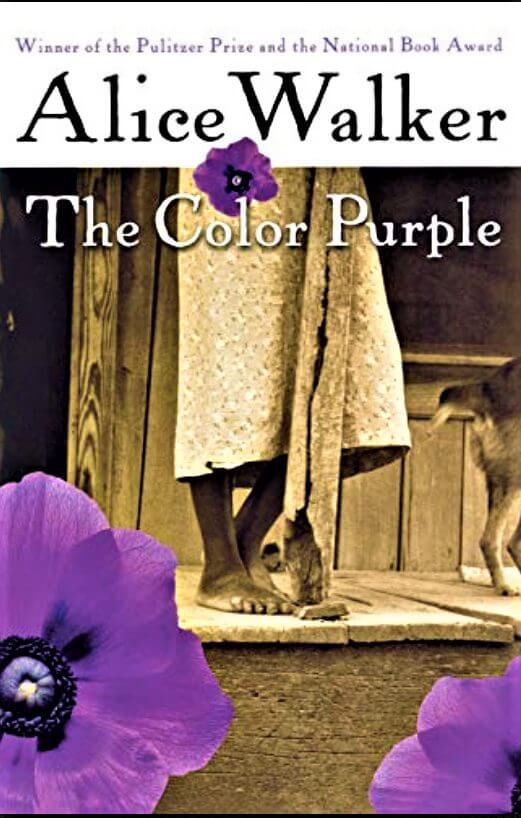
There seems to be a trend in the types of works that are flagged as problematic. “Books especially focused on race and LGBTQ issues are being challenged, in some cases taken off school and public library shelves.” Jeffery Brown, Chief Correspondent PBS NewsHour.
And it’s not just the classics, even the Harry Potter series has been challenged in some states; (Note: Final lists for 2020 and 2021 are still being compiled for infographs, due to delays from the pandemic.)
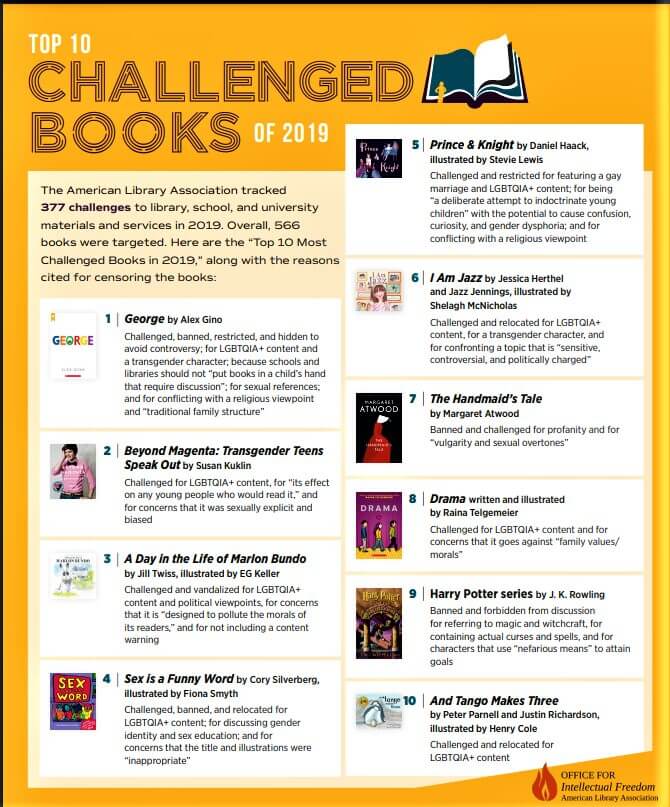
George, by Alex Gino, is a highly rated coming of age story about a youth questioning their gender. It was banned and restricted for “LGBTQIA+ content, conflicting with a religious viewpoint, and not reflecting ‘the values of our community’.” New York Times bestseller and National Book Award Long List novel, The Hate U Give, by Angie Thomas, was challenged for promoting an “anti-police” message and profanity. Jason Reynolds and Brendan Kiely’s All American Boys, a 2016 Coretta Scott King Author Honor book, and recipient of the Walter Dean Myers Award for Outstanding Children’s Literature, was challenged and banned for alcoholism, drug use, profanity, and because “it was thought to promote anti-police views, contain divisive topics, and be too much of a sensitive matter right now.” And Speak, by Laurie Halse Anderson, a powerful book about feminism and rape culture was also banned, challenged, and restricted, as it was thought to contain a political viewpoint, profanity, and it was claimed to be biased against male students.
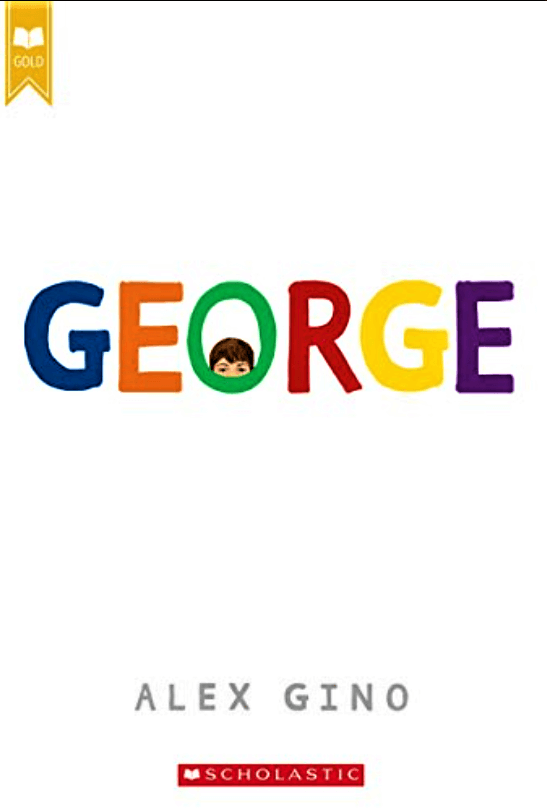
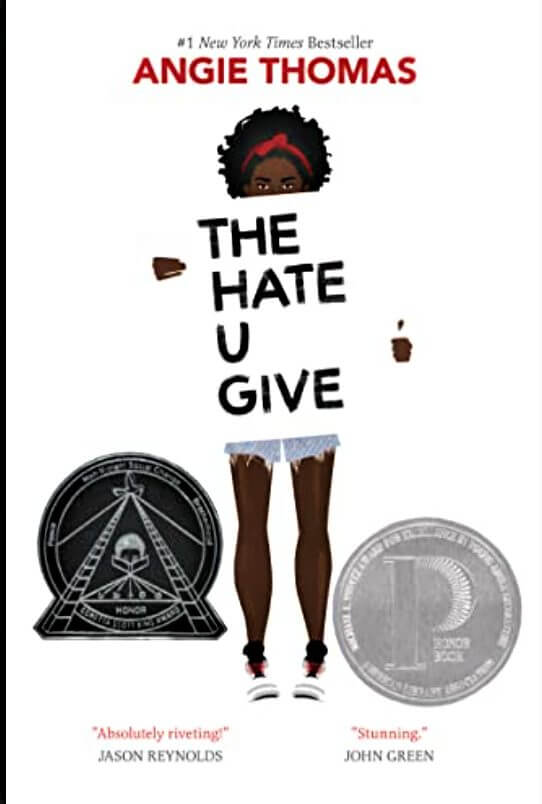
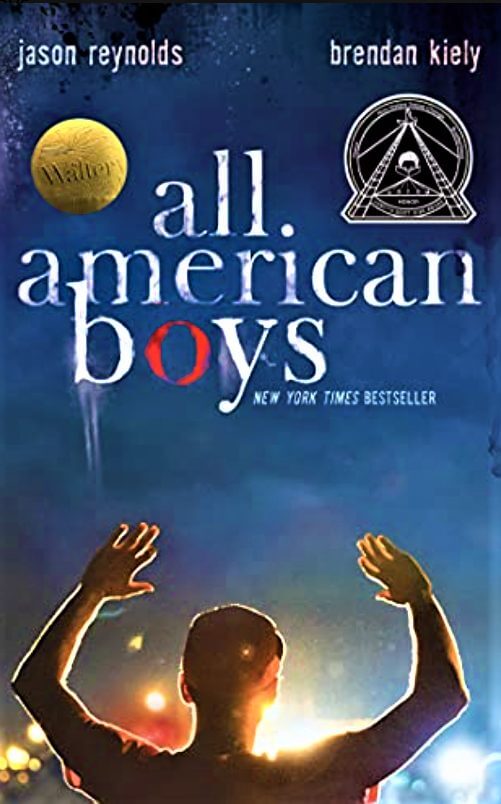
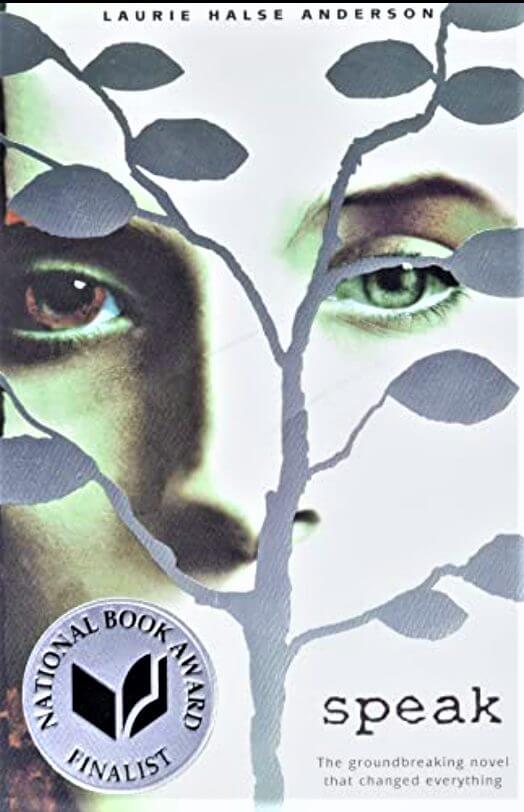
Suzanne Nossel, CEO for PEN America, told PBS NewsHour reporter Jeff Brown, “It’s an intensification, far more book bans sprouting up all over the country than we ever saw before, more formalized efforts. They are not just a challenge in an individual school system or library, but legislation being introduced in statehouses that would affect the availability of books all over the state in every school and library. The ferocity of the debates and the link to larger political tensions and polarization, it’s inflaming communities, and that’s something we haven’t seen before.”
Nossel went on to share “I think it’s a product in part of demographic and political and cultural change that is afoot in this country. We’re becoming a much more pluralistic country, without any one single dominant racial group, and there’s a backlash to that. There’s a sense that something is being lost, that the way people grew up, the stories that they read, the world that they saw decades ago is changing, and maybe changing too quickly, and that can be seen as threatening. There’s also a level at which this is politically manufactured. There is an effort to gin up support for certain parties, certain ideologies.”
The banning trend is also being seen in Canada.
Quebec author Yvan Godbout’s life was completely upended when he was charged in 2019, with producing child pornography over parts of his book Hansel et Gretel (2017), which included fictional scenes of child sexual abuse. In Sept 2020, Quebec Superior Court Justice Marc-Andre Blanchard overturned that conviction, stating that “certain articles of Canada’s child pornography laws cast too wide a net, targeting works of literature that don’t endorse or promote pedophilia.” (The Canadian Press, Sept 2020).
Blanchard went on to share that sexual material including minors is obviously dangerous and harmful, but “the court believes we must distinguish between material that exposes a tangible reality, videos or photos or even drawings, from literary fiction.”
In 2005, the laws in Canada were expanded to include “not just material that advocates for or encourages pedophilia, but any description of sexual acts with children, as long as the description is a dominant characteristic of the work of fiction and is done with a sexual purpose.” The judge pointed out with that specific delineation, some victims of sexual assault could not legally talk about their own personal experiences.
Take a look at the Liberal Government’s Online Harm Bill. A panel of 12 diverse experts have been brought together to “offer advice on how to design the legislative and regulatory framework to address harmful content online.” In a National Post article shared on March 31 2022, author Anja Karadeglija points out that “Censorship (is) one concern over the bill.” She goes on to quote The Canadian Association of Research Libraries who “warned (this bill) would lead to ‘mass removal of conent’ and impact freedom of expressions and rights.” However, heritage minster Pablo Rodriguez says it’s going to “be up the experts” to advise the government on the bill.

Once again, our society is faced with complex and systemic issues, that require a more nuanced and creative approach.
Instead of trying to only control this from the external, through laws and banning, how about trying to empower youth through instilling internal critical thinking skills? Teaching children about media literacy has never been more important. There are several key competencies in the areas of; analysis, evaluation, grouping, induction, deduction, synthesis, and abstracting (Potter, 2004), which allows for a much more informed navigation of media sources.
Honestly, I think most of us adults could use a course in that too. The world seems so much more complex since I was little kid growing up in the 80’s. Trying to navigate our ever changing world can feel like slugging through a swamp full of situational-ethics pit falls, and politically-correct land mines, which seemed designed to trip us up with disastrous, and at times, unforgiving outcomes.
In a world where public face-slaps are allowed as long as you are a winner; it’s no wonder we are all confused, and holding back on sharing our thoughts for fear of backlash. That, in itself, is type of self-censorship and shaming.
For an interesting perspective on this, check out Jon Ronson’s book so You’ve Been Publically Shamed, which looks at high-profile public shamings we’ve all heard about, that actually had some heartbreaking outcomes; lost jobs, broken families, increases in mental illness and self harm (including suicides).
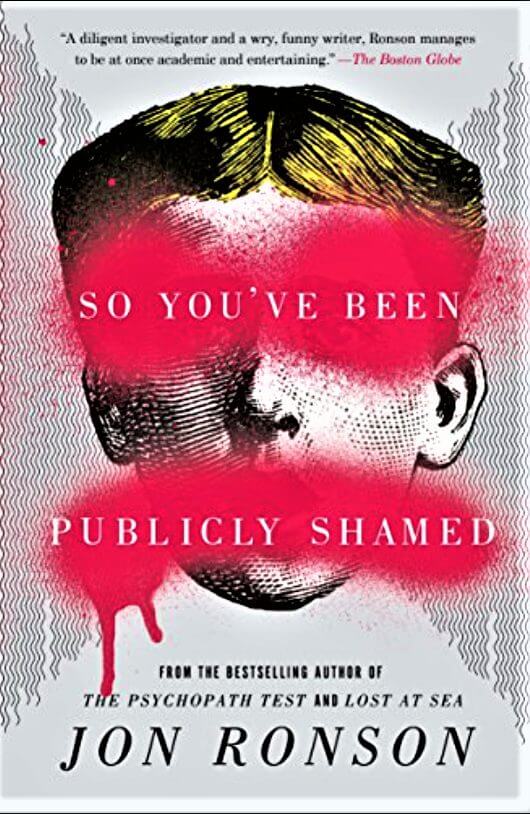
‘It’s about the terror, isn’t it?’
‘The terror of what?’ I said.
‘The terror of being found out.’
“A great renaissance of public shaming is sweeping our land. Justice has been democratized. The silent majority are getting a voice. But what are we doing with our voice? We are mercilessly finding people’s faults. We are defining the boundaries of normality by ruining the lives of those outside it. We are using shame as a form of social control.” – Jon Ronson
What if we could instill a culture of calling IN, instead of calling Out?
In addition to all of us as individuals taking onus for our own literacy and ability to navigate information where we can, there needs to be transparency from publishers as well.
Jason Reynolds and Ibram X.Kendi took this idea in a new direction by reimagining their novel Stamped: Racism, Antiracism, and You, as a way to open honest conversations about racism with young people. In an interview with the Time Magazine, the authors shared that “The new version will similarly trace the origins of anti-black and racist ideas, as well as propose tools for identifying and combating them… but making sure that the subject matter is approachable for a younger audience.” This is a clever solution that is inclusive and empowering, and yet, ironically, this book was challenged and banned in 2020 for the reason of “(the) author’s public statements, and because of claims that the book contains ‘selective storytelling incidents’ and does not encompass racism against all people.”
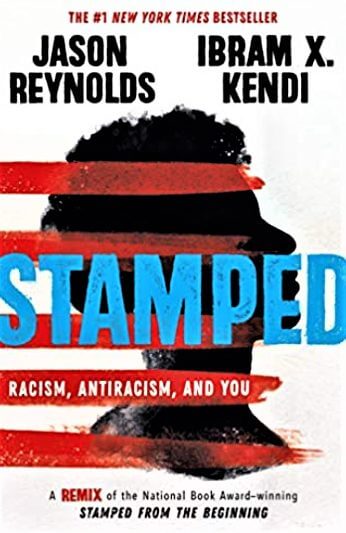
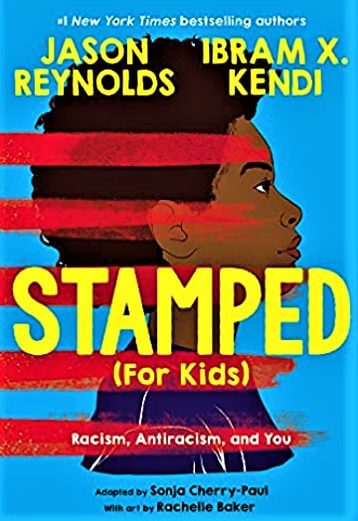
“Censorship is a strange situation. There was times when people would burn books because they didn’t like what people were doing.”- Michael Berryman
The last few years have seen a resurgence of debates and laws, that many thought were long put to rest. The fact that these issues are present again, only shows they were not settled in the first place. There are many legitimate concerns and view points with this conversation. Clearly, there’s deeper work to be done, and there’s an opportunity to get it right; history doesn’t need to repeat itself. We can choose to toss out the old playbook, which only has room for “wrong side vs. right side”. If we listen to understand, not just to be understood, are open to compromise, and look to find common ground, it’s amazing what new bridges can be built.
“We cannot solve our problems with the same thinking we used to create them” – Albert Einstein
An avid book reader and proud library card holder, Angela is new to the world of e-Readers. She has a background in education, emergency response, fitness, loves to be in nature, traveling and exploring. With an honours science degree in anthropology, Angela also studied writing after graduation. She has contributed work to The London Free Press, The Gazette, The Londoner, Best Version Media, Lifeliner, and Citymedia.ca.




